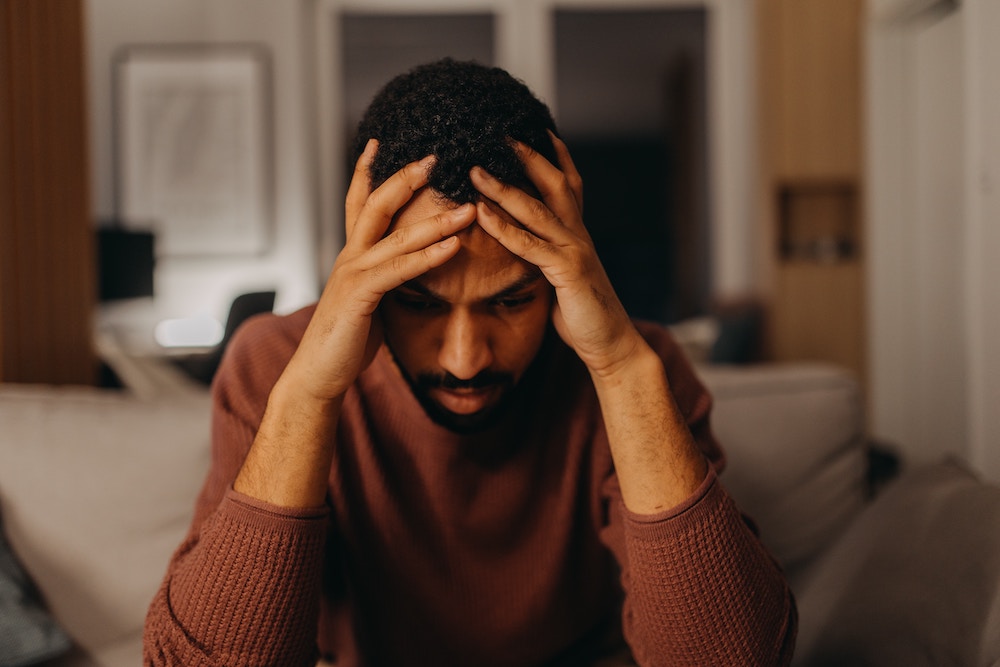Complex post-traumatic stress disorder (C-PTSD) doesn’t discriminate—anyone from any demographic can develop it. However, BIPOC (Black, indigenous, and people of color) are more likely to experience trauma than much of the general population.
Signs of C-PTSD include low self-esteem, trouble with relationships, flashbacks and nightmares, avoidance of triggering places and situations, and physical health issues. Healing from C-PTSD as a BIPOC means acknowledging racial trauma, systemic oppression, and cultural marginalization. Here are several ways you can begin coping with C-PTSD.
Address Your Feelings

Start by recognizing what your C-PTSD looks like and how it affects you. Think about the roots of your trauma—do you have specific, personal traumatic experiences? Is your C-PTSD due to generational traumas, such as experiencing racism and discrimination? Does your family also show signs of C-PTSD? Exploring your and your family’s history, acknowledging the impact of past traumas, and working to understand your triggers are all important early steps towards healing.
Therapy, journaling, and conversations with elders can help uncover and process these deep-seated wounds. Also, recognize that it’s okay to feel how you feel. This step can be particularly difficult if mental health issues are seen as shameful in your household.
Engage in Community Healing
BIPOC value their communities. Often, it’s a safe space for sharing stories, learning, and celebrating while living in an oppressive society. It’s important to connect with others who understand the pain of racial trauma and C-PTSD. If you’re struggling with C-PTSD, you might feel the impulse to isolate—this will only make your mental health worse. Support groups, community gatherings, and online forums can help you feel like you belong somewhere.
Engaging in cultural practices, such as rituals, storytelling, and ceremonies, can also be a form of community healing. Moments like these focus on collective resilience and can provide a deep sense of connection to your heritage and identity. By participating in these activities, you not only honor the strength of those who came before you, but also reinforce your own.
Advocate for Systemic Change
Healing from C-PTSD as a BIPOC isn’t just about personal recovery; it’s also about advocating for broader systemic change in communities. Racism, discrimination, and inequality contribute to the trauma experienced by BIPOC communities, so addressing these issues is just as important as individual healing.
Advocacy can take many forms, from participating in social justice movements to supporting policies that promote diversity, equity, and inclusion. By using your voice and actions to challenge oppressive systems, you can contribute to creating a world where future generations can exist without systemic trauma.
Practice Self-Compassion and Self-Care
As a BIPOC, self-compassion might mean rejecting the internalized messages of inferiority that society has imposed on you. This is also a big step in accepting you’re on a path to heal from C-PTSD. It’s about affirming your worth, validating your experiences, and treating yourself with kindness.
Self-care can take many forms, from engaging in mindfulness and meditation to participating in a creative activity that brings you joy. Don’t forget to prioritize things in your daily life that help you feel grounded.
See a Culturally Aware Therapist
Find a therapist who understands the cultural context of the challenges faced by the BIPOC community. It’s important that they offer the validation and support that resonates with your lived experience. They can help you explore the intersections of race, identity, and trauma, providing a safe space to process these complex emotions. They may use culturally relevant examples, integrate traditional healing practices, and acknowledge the impact of systemic oppression on mental health.
To talk to a therapist who’s equipped to have conversations about C-PTSD in BIPOC, please reach out to us about trauma therapy.

